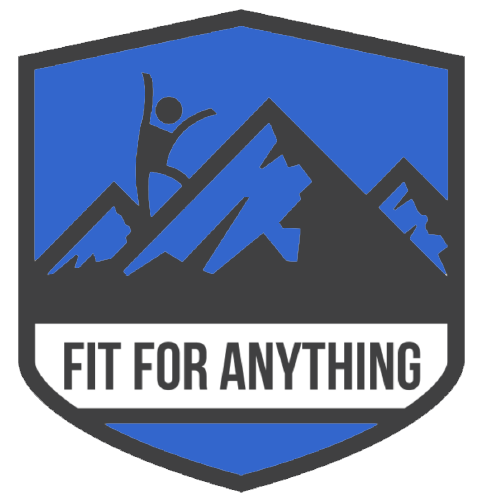If you spend all day, every day (with reasonable breaks of course) working out, swimming, going for a run, lifting weights, enjoying some serious HIIT time and more the chances are your “job” is being a serious athlete, perhaps even an Olympian.
If you’re spending your day physically active to levels such as those the Olympians achieve daily you are going to be hungry, very hungry. Indeed, hunger is something many Olympians have been known to attribute as being the key downside of such fierce training.
On average, it is expected that an Olympic athlete will be looking consume as many as eight thousand calories per day. A sit-in at the local Pizzeria would help reach this target quickly, however, Olympians, indeed everyone in training needs to make these calories count.
If Olympians had training nutrition advice for you, these would be their top tips.
Know Your Calories
How much energy is in a drink or a food is measured using calories. All athletes, especially Olympians have specific dietary needs dependant on their size, goals and their sport. It is important that the number of calories they use are used efficiently. The same applies to you.
Whatever the number of calories you are advised to consume is you need to make sure that your calorie count contains enough fuel to keep you going throughout your training and contains food for repair. Choose healthy foods to get the most gains from your workout and overall health. The healthier you are, the better you will feel, and the more your body will respond to your hard work.
Watch Your Vitamins and Minerals
For overall health and repair as well as to boost your immune system (which can get a bashing when you’re working out hard and constantly) it is important to ensure that you, like Olympians keep an eye on the vitamins and minerals found in food and where necessary consider supplements to boost inner health.
Consider Your Timing
Olympians need a decent amount of calories, that has been established. What they would be quick to share is that the timing of the food is almost as important as the food itself. For example, eating pasta etc before a workout to help power through training is important but so is having recovery and energy boosting post-training foods / snacks ready. Take advice but also listen to your body when it comes to timing your meals and snacks.
Carb Power
Carbs are king when it comes to fuelling and recovery and yet there are a great number of ways in which you can enjoy your carbs. Look at proteins, grains, vegetables and more to ensure that you enjoy an interesting and varied carb kick. Pure carbs are going to fuel you however they don’t represent a balanced diet.
Recovery
Olympians will tell you to pay close attention to what you eat post-workout / training. Recovery nutrition is essential and both carbs and protein are required to replace lost energy and to help the body repair. Don’t forget how important hydration is while you are busy concentrating on food.

